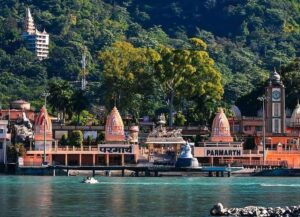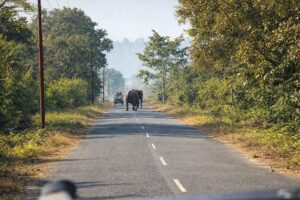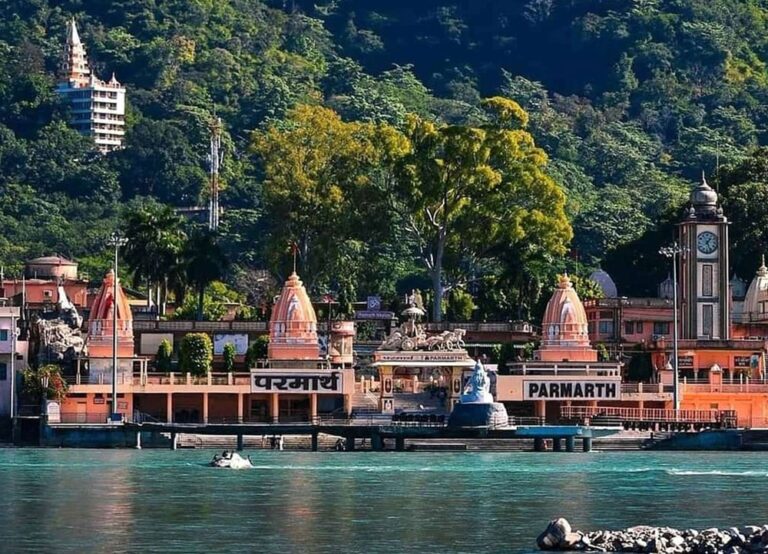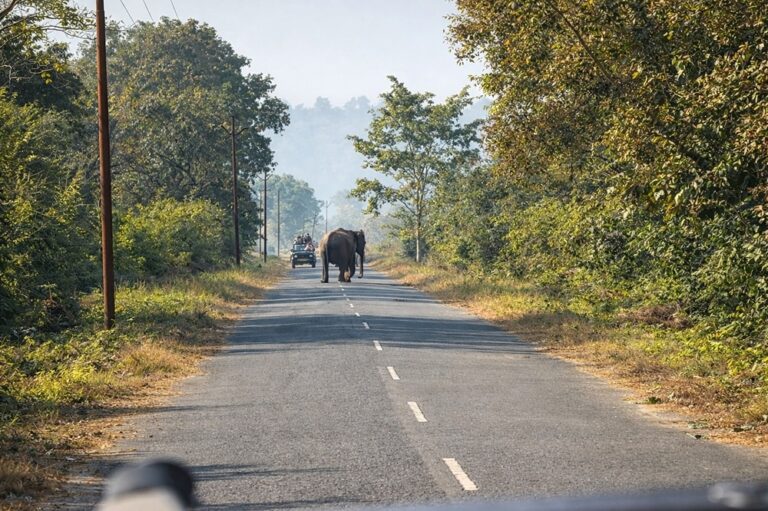Ghost Villages in Uttarakhand: No EVMs, No Polling in 1,564 Villages
Tucked away in the folds of Uttarakhand’s picturesque landscapes lie the haunting remnants of what once thrived as vibrant rural communities. According to the 2021 Census, around 1,564 ghost villages in Uttarakhand- settlements devoid of any population. Since then, this number has ominously surged to nearly 2,000, painting a grim picture of socio-economic upheaval in the region.
No EVMs, No Polling in 1,564 Ghost Villages of Uttarakhand
As Uttarakhand gears up for its crucial election, with voters set to determine the fate of Chief Minister Pushkar Singh Dhami and others vying for seats in the 70-member assembly, a significant and concerning aspect emerges. In a striking revelation, 1,564 “ghost” villages across the state will witness a complete absence of polling activity.
These deserted settlements, devoid of inhabitants and lacking basic infrastructure, pose a unique challenge to the electoral process. With no Electronic Voting Machines (EVMs) deployed and no polling parties dispatched, these ghost villages stand as stark reminders of the complex issues surrounding rural abandonment and the need for inclusive governance.
Pauri Garhwal
In Pauri Garhwal, a district comprising six assembly constituencies, there exist 180 villages completely devoid of population, while another 300 are only partially inhabited. Within these settlements, abandoned houses stand in various states of decay, overtaken by wild bushes and shrubs that have claimed the spaces. For years, not a single human soul has been sighted within or around these villages, rendering them desolate and untouched by human presence.
Reviving an abandoned village can be a remarkable endeavor, as exemplified by Major Gorki Chandola’s inspiring journey. Four years ago, Major Chandola made the life-altering decision to depart from his urban lifestyle and return to his ancestral village, Rawat Gaon in Pauri Garhwal. Interestingly, Pauri stands as both the most educated and the most deserted district in Uttarakhand.
Enrolling his 12-year-old daughter in the same school where he received his education and witnessing his six-year-old son embrace long treks without complaint, Major Chandola’s family has seamlessly integrated into village life. They have embraced the village’s self-sustainability model, cultivating their own food and adhering to a farm-to-table approach.
Despite possessing all the modern comforts within their home, including Wi-Fi connectivity and a Netflix subscription, they prioritize outdoor activities over indoor indulgences, fostering a deep connection with nature and community.
The Path Forward:
As Uttarakhand grapples with the ghosts of its past, the road to revitalization demands concerted efforts from policymakers, grassroots initiatives, and community participation. Only through collective resolve can the specter of abandonment be dispelled, ushering in a new dawn for the ghost villages in Uttarakhand.












